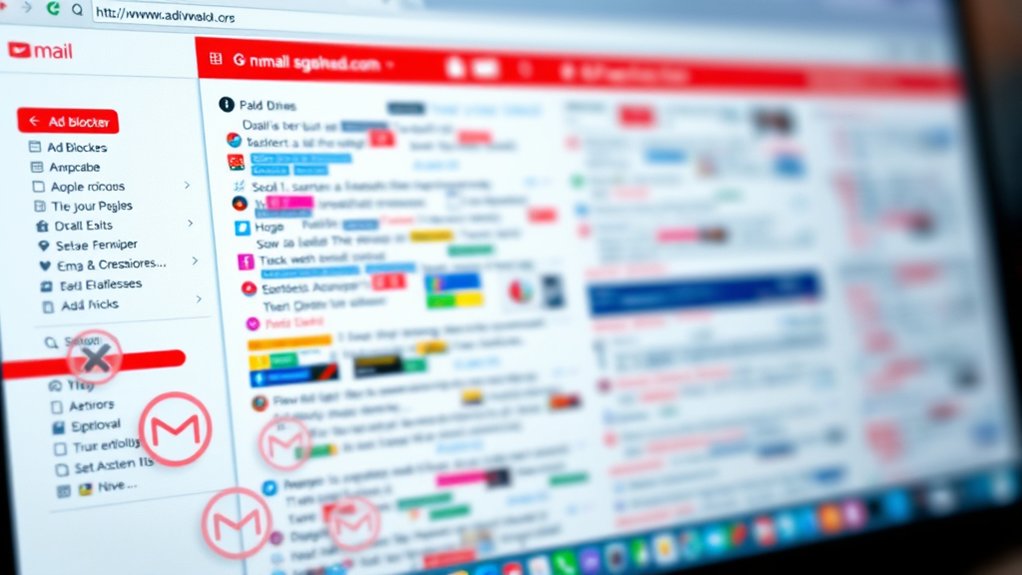National public data is essential for promoting transparency and accountability within government operations. It allows citizens to access significant information, empowering them to engage effectively in civic matters. The Freedom of Information Act (FOIA) permits individuals to request federal agency records, even though state and local records may remain elusive. Recent data breaches, affecting approximately 2.9 billion individuals, underscore the pressing need for secure data management. Understanding these concepts deepens one’s appreciation of the role of public data in democracy.

Understanding National Public Data is vital for promoting transparency and accountability within government operations, particularly in an era characterized by heightened demands for openness. National Public Data encompasses information held by the government that is accessible to the public, serving to inform public policies and improve the understanding of governmental actions. This data is fundamental for a well-informed citizenry, as it underpins civic engagement and promotes informed decision-making.
Citizens can access federal agency records through the Freedom of Information Act (FOIA), which mandates that specific documents must be available upon request. Nevertheless, FOIA’s scope is limited to federal agencies, thereby excluding state and local government records. Various types of public records are included, such as significant records, property records, court records, and business records, all of which contribute to a thorough understanding of governmental functions.
Accessing federal records through the FOIA is essential, yet state and local records remain outside its reach.
Although public data is available, it may not always be presented in an easily usable format. Conversely, open data is not only available but readily accessible and free for public use, facilitating innovation and transparency. Public records serve to ensure accountability by government agencies, allowing citizens to hold their government to higher standards. Keyword research tools enable users to discover related datasets and trends that can enhance the usability of public data.
Innovative platforms like Data.gov provide a portal for open government data, improving accessibility for researchers and developers alike. The consequences of inadequate data transparency were starkly highlighted by a recent incident involving a breach at National Public Data, which exposed the personal information of up to 2.9 billion individuals. Such an exposure raises significant risks, including identity theft and unauthorized access to financial accounts, ultimately undermining public trust in government data.
The impact of National Public Data on civic engagement cannot be overstated. It empowers citizens by providing insights into governmental operations, nurturing greater participation in civic activities. As the demands for transparency and accountability grow, understanding the nuances of National Public Data becomes vital for a democratic society, creating pathways for informed public discourse and active engagement.
Therefore, the significance of access to reliable public records and data remains paramount in sustaining an accountable government.
Frequently Asked Questions
How Can I Access National Public Data?
National public data can be accessed through various platforms, including online directories such as CountyOffice.org, which offer contact information and record access.
Users may furthermore utilize publicly available databases, like census data. In addition, partnerships between governmental and non-governmental organizations facilitate access, often through APIs.
Many datasets require subscription or registration, whereas government surveys can provide representative data upon request. Legal agreements are necessary to ethically share information from external sources.
Are There Fees Associated With Obtaining This Data?
Fees associated with obtaining National Public Data varied historically, typically involving low charges and no monthly minimums as per promotional information.
Users, including private investigators and staffing agencies, accessed a wealth of records through subscription or custom agreements.
Nevertheless, following a severe data breach exposing nearly 3 billion records, the company ceased operations, raising concerns about data security and the associated financial implications of managing such sensitive information effectively.
Can Private Citizens Use National Public Data for Commercial Purposes?
Private citizens are prohibited from using National Public Data for commercial purposes without proper authorization.
The company’s operations, primarily focused on data brokerage, necessitate licensing for businesses seeking access.
Consequently, individuals are restricted from accessing this data for personal profit.
This regulatory framework is reinforced by various legal guidelines, which accentuate the importance of permission and oversight in utilizing potentially sensitive information collected from non-public sources.
What Types of Data Are Considered Public?
Public data encompasses various categories, including government databases, public records, and environmental data. This encompasses demographic information, crime statistics, and economic indicators.
Notable examples include the U.S. Census, offering extensive demographic insights, and crime databases detailing incident rates.
Additionally, public communications, such as government reports, and license data improve transparency. Accessibility to such information promotes research opportunities, aids business decision-making, and raises public awareness regarding vital societal issues, thereby benefiting communities at large.
Is All National Public Data Available Online?
Not all national public data is available online. Legal restrictions, privacy concerns, and technical limitations hinder accessibility.
For instance, laws such as the Freedom of Information Act govern public record access. In addition, regulations like GDPR limit online sharing.
Experts note that unauthorized storage practices can compromise privacy.
Moreover, physical access through libraries or government offices remains crucial for certain records, as not all datasets are digitized or accessible through online portals.









